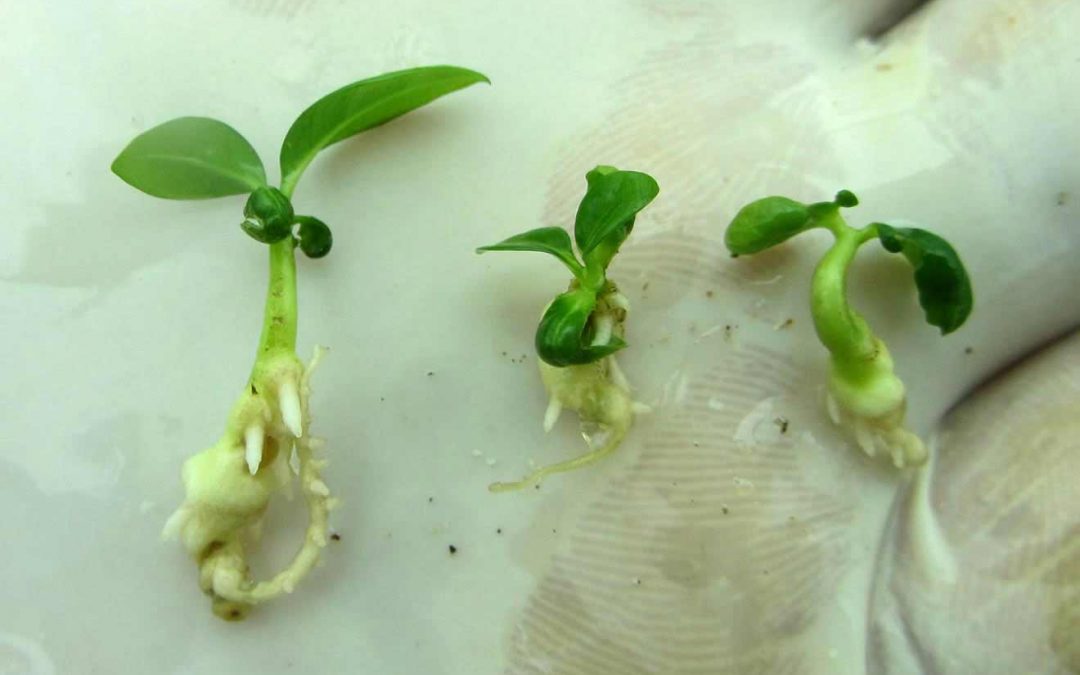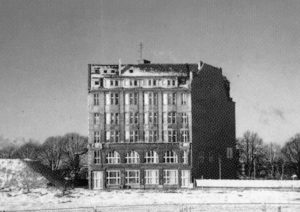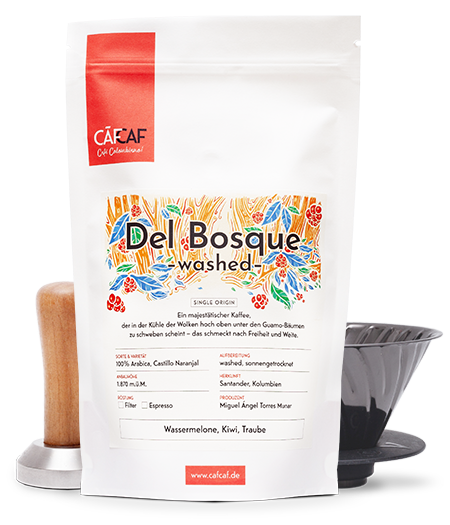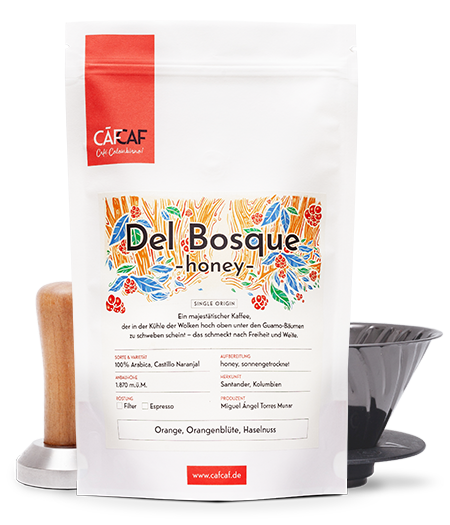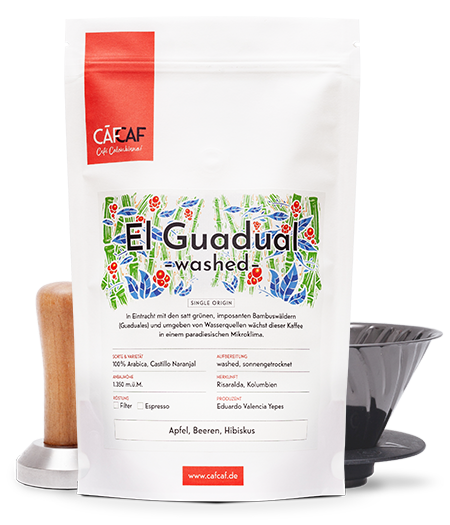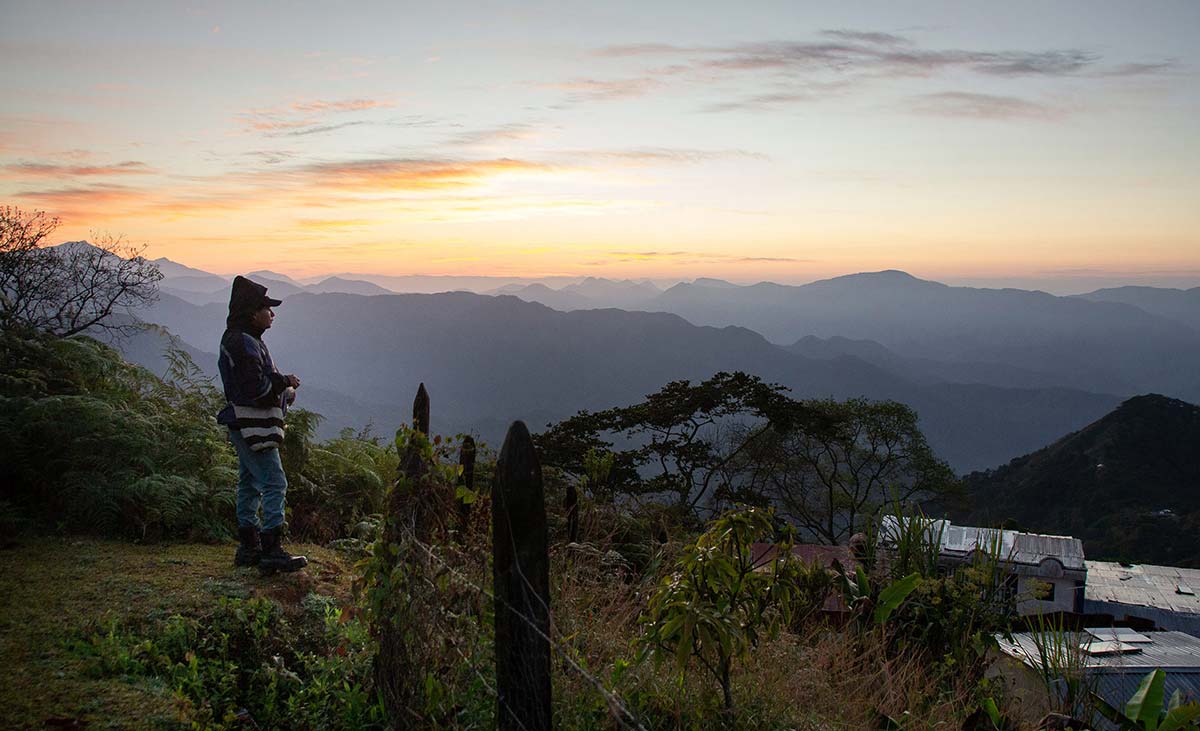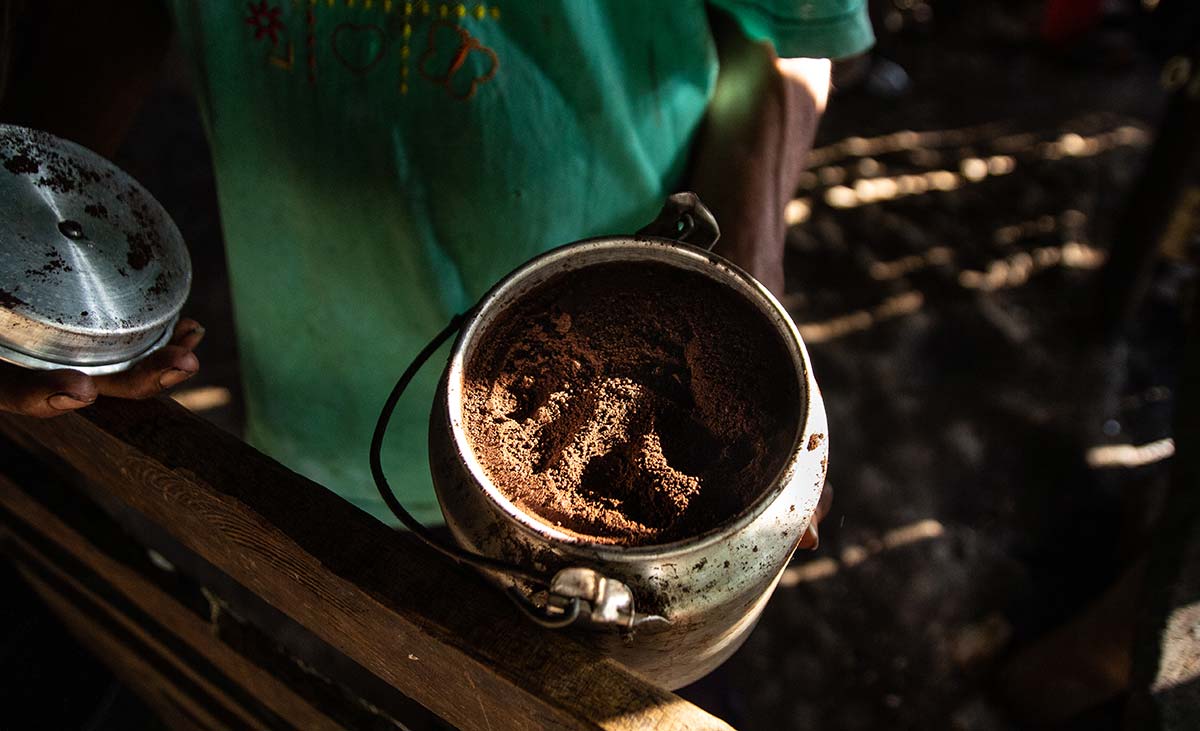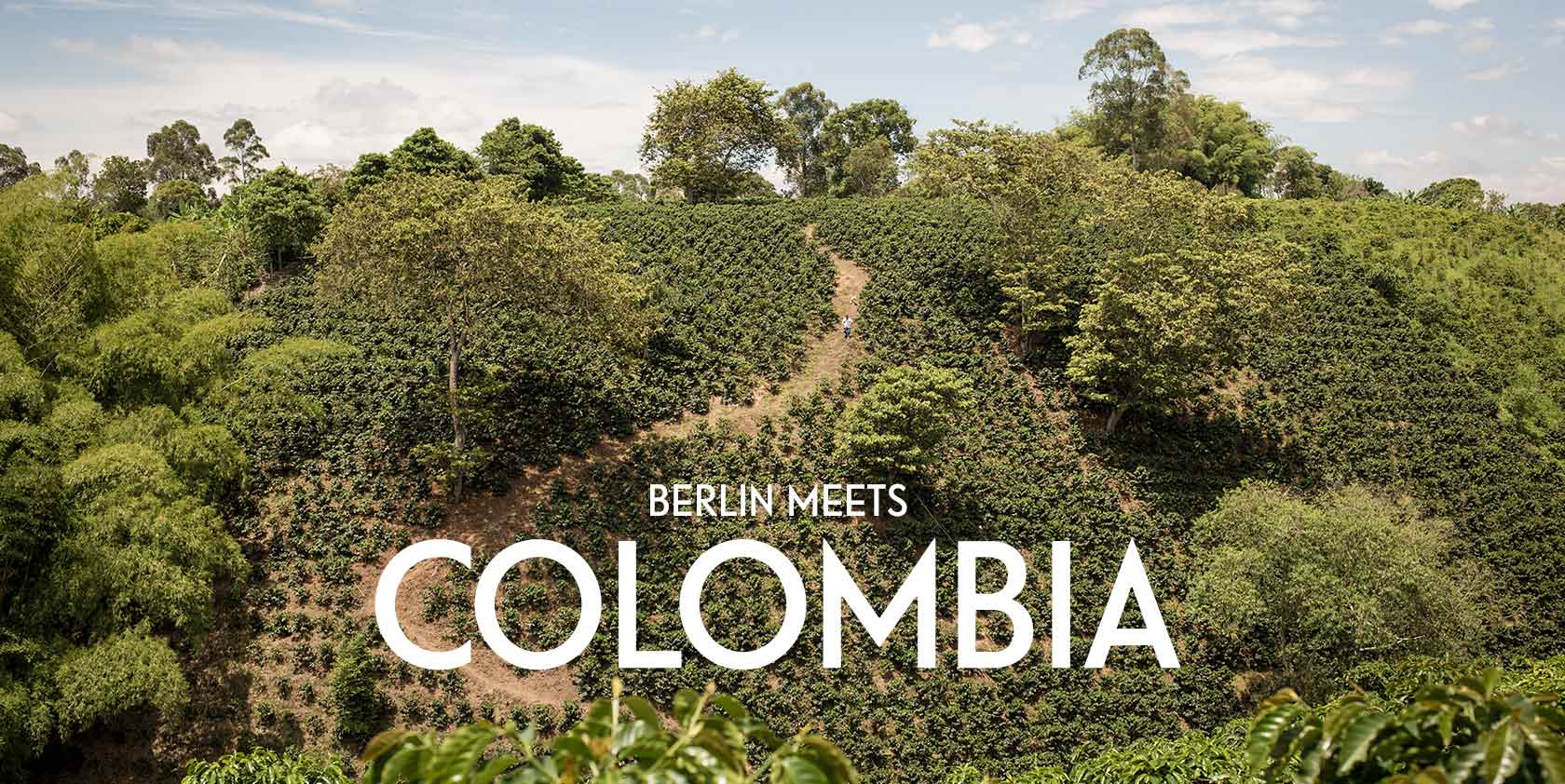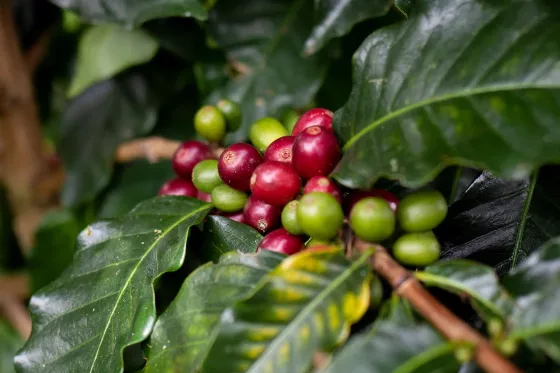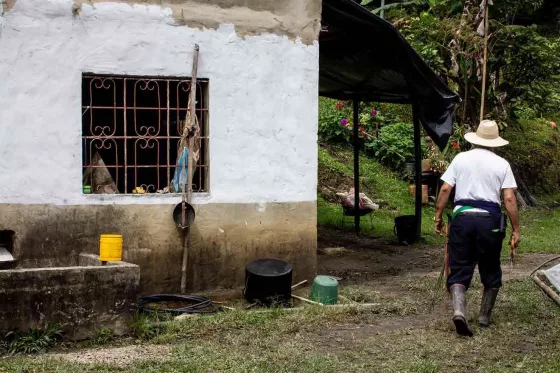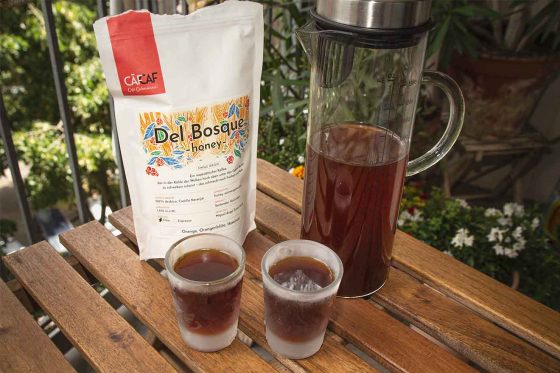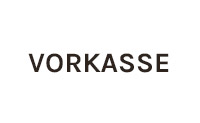Anzeige – Dieser Beitrag ist eine unbezahlte Kooperation mit THE BARN coffee roasters.
Coffeeshops have never been more sought after, never been more frequented, never been more successful, never been more of a lifestyle than in our days. So, it is not easy to find a way of setting up a coffeeshop that is not just yet another coffeeshop like all the others, but has something new, fresh, exciting, outstanding, and unique to it. In today’s interview we’re talking to the head of one of Berlin’s most renowned coffeeshop owners, trying to figure out, how they managed to successfully establish and expand their brand THE BARN across Germany’s capital. What we got eventually, is an exciting insight into roasting, speciality coffee, distribution, and reputation building.
Just recently, THE BARN celebrated the inauguration of their latest branch, situated in the famous historical Weinhaus Huth between Potstdamer Platz and Fontaneplatz. Now, with their 10th anniversary approaching fast, we considered this just the right moment and occasion to take a chance, and sit, chat and have an amazing Honduran coffee with Ralf Rueller from THE BARN in Berlin.
Building a coffee shop.
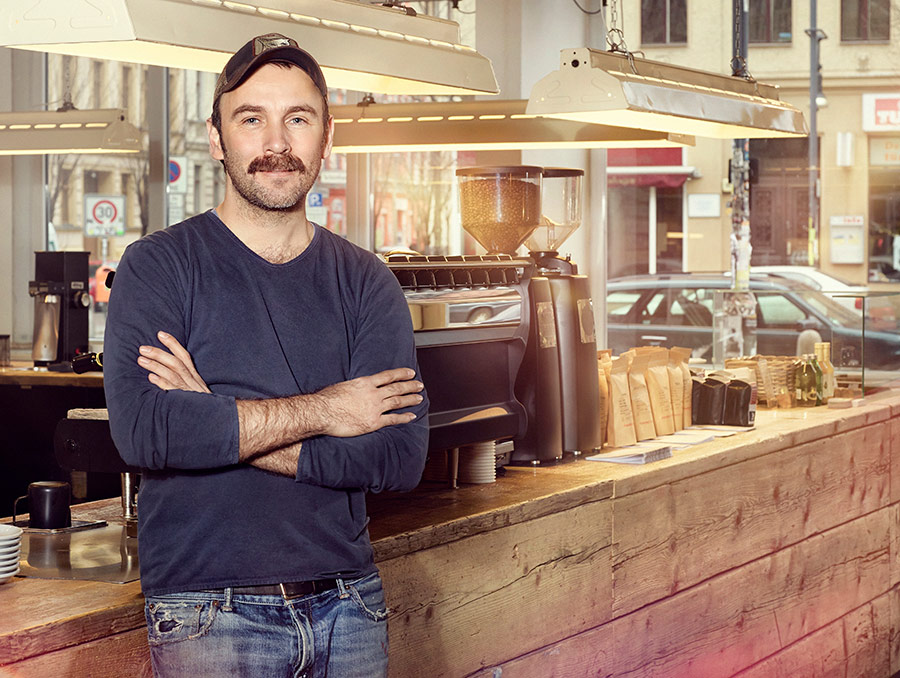
Ralf Rueller from THE BARN
First, lets go one step back and have a look at the beginning of THE BARN: When you opened the first small coffee shop in Berlin Mitte nine years ago, did you already have plans to open several new coffee shops in the future?
We opened the first, original BARN, which we now nicknamed »the little BARN«, nine years ago, in June 2010. At the time, I didn’t plan to roast or open other shops. It was not until after I had opened that I got obsessed with coffee and with what I consider speciality coffee in an extreme sense. All the way through, from sourcing in a sustainable way with very close farm relationships and only using single origin coffees scoring more than 86 points. Pure, high quality, and presented in a different way from how people see coffee. Speciality coffee includes the word »special«, so we consider ourselves specialists, and as specialists we are offering high quality, handmade products that are sourced and roasted in a different way. But also presented in a different way.
So it is really, really important that we are not replicating what has been there before. We don’t want to be yet another commercial coffee shop or Starbucks copy or this and that. It is really important that the presentation and the execution at the bar, the serving standards, and also the explanation, the information, and sharing of knowledge, is an integral part to the way I look at speciality coffee. With that strong idea and definition in mind, I still believe that we are delivering the highest quality in Berlin and in Germany, and we are really representing the third wave or the specialty coffee movement in an authentic way. That means, we are not blending, we are not offering a cheap product, we neither do decaf nor do we allow for some other things to happen to our coffee – for instance, we would never serve our coffee with a syrup, we recommend not to use sugar. We offer sugar, but it is the best we can source. It’s organic, fully transparent sugar from Costa Rica, but we separated it from the bar. It’s really about changing habits, and it’s about being different and giving the people a new coffee taste experience. So, speciality coffee for me is a unique opportunity to change the value chain of coffee, to pay farmers better, to present coffee in a much better way, and to really share knowledge and build a community around the product.

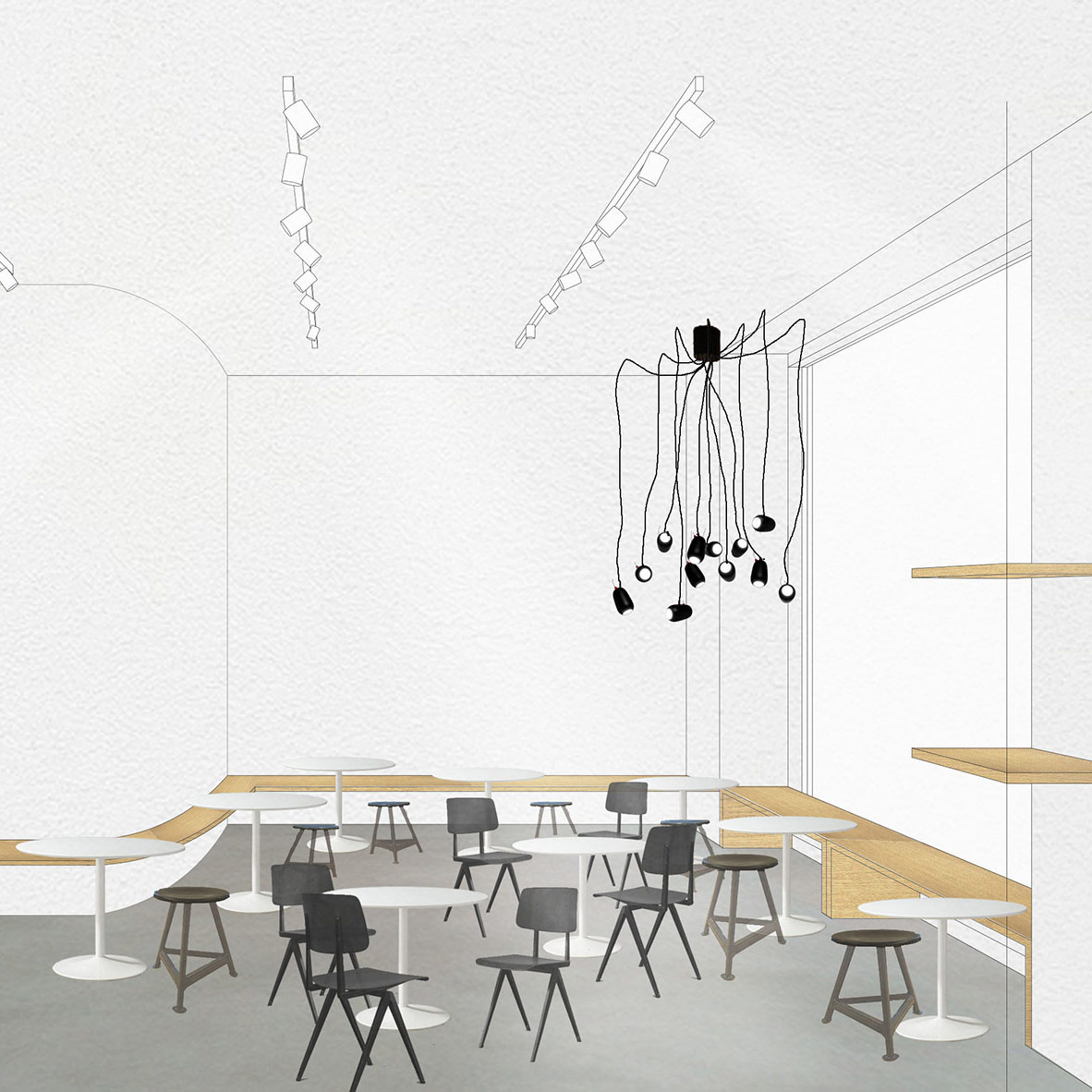
Architectural drawing of THE BARN café at Weinhaus Huth.
When I opened the little Barn in the Scheunenviertel, which translates to Barn Quarter, nine years ago, I did not think about building other shops. But I wanted to roast straight away after I opened THE BARN, and I really wanted to take the pioneer role in Berlin for speciality coffee and only serve the highest qualities and roasting the highest qualities of coffee. In that sense, I have never been challenged here. So, it took us a few years, until 2016, till we opened our third space at Café Kranzler. That really required for us to have a full time trainer and a training center, and to do more education. We really started enjoying designing spaces, and creating unique spaces and experiences in Berlin.
Our wholesale business is mainly international, because the local market is still focused on a mid market product, on blends, and on cheaper price ranges. So we felt it’s a great opportunity for us to be more present in Berlin with our own cafés, but we wanted to create them in a very unique way so it doesn’t look like a chain. We adapt to the architecture and neighborhoods, and we will see how the space feels like and what we want to do with that. It’s really like finding a flat, you search and search and then you find a flat and you feel like: wow that’s it, I am happy here, everything works, the location, the lights, the neighborhood etc.
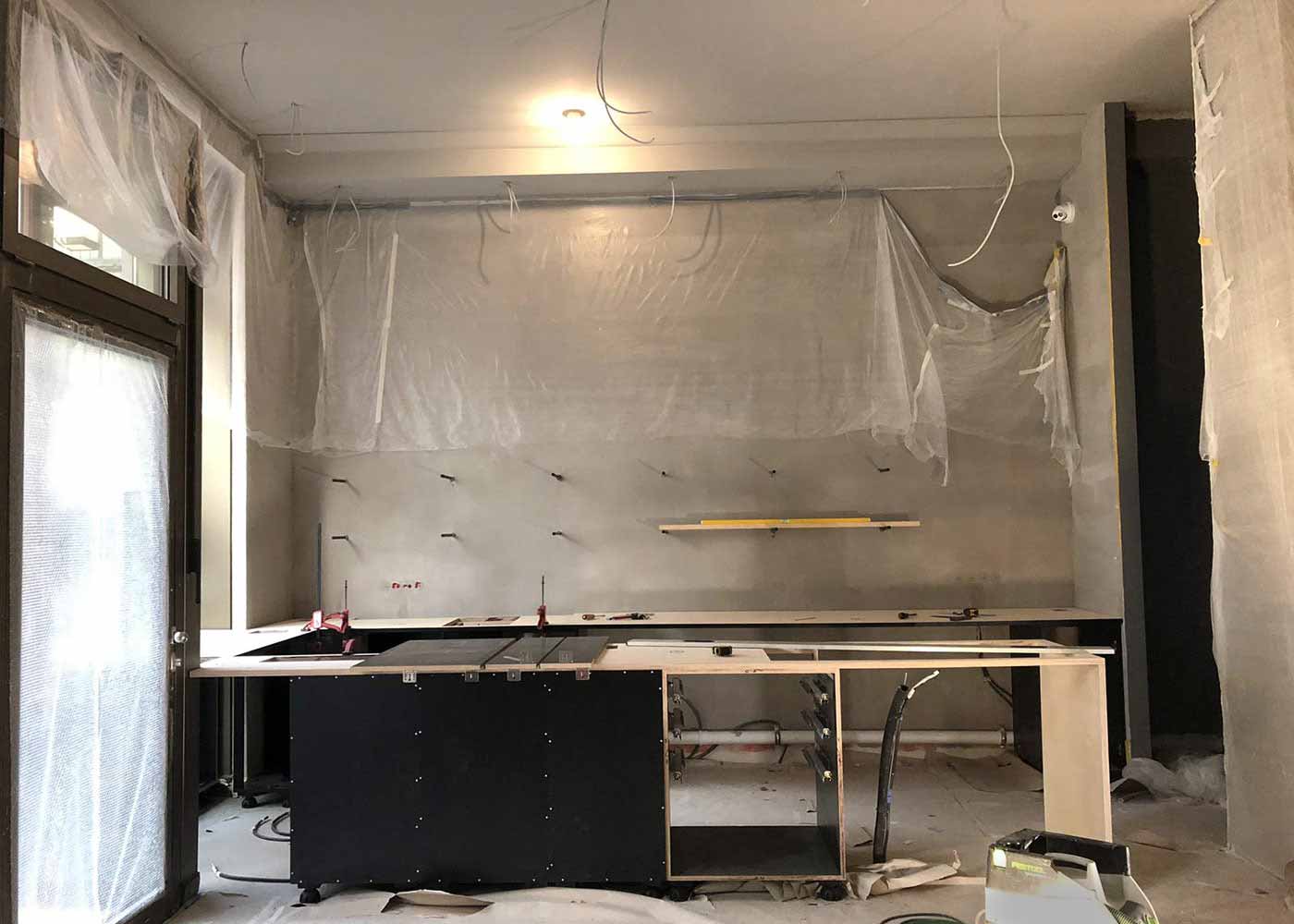
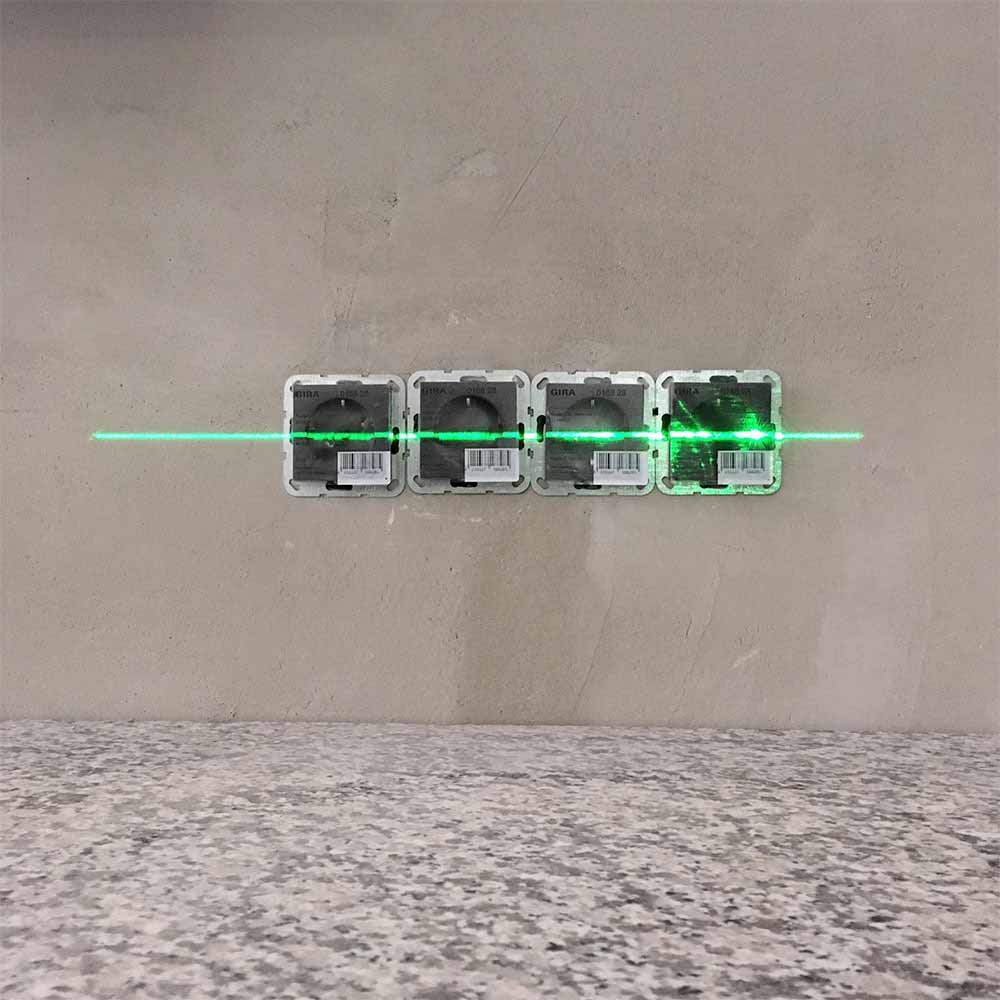
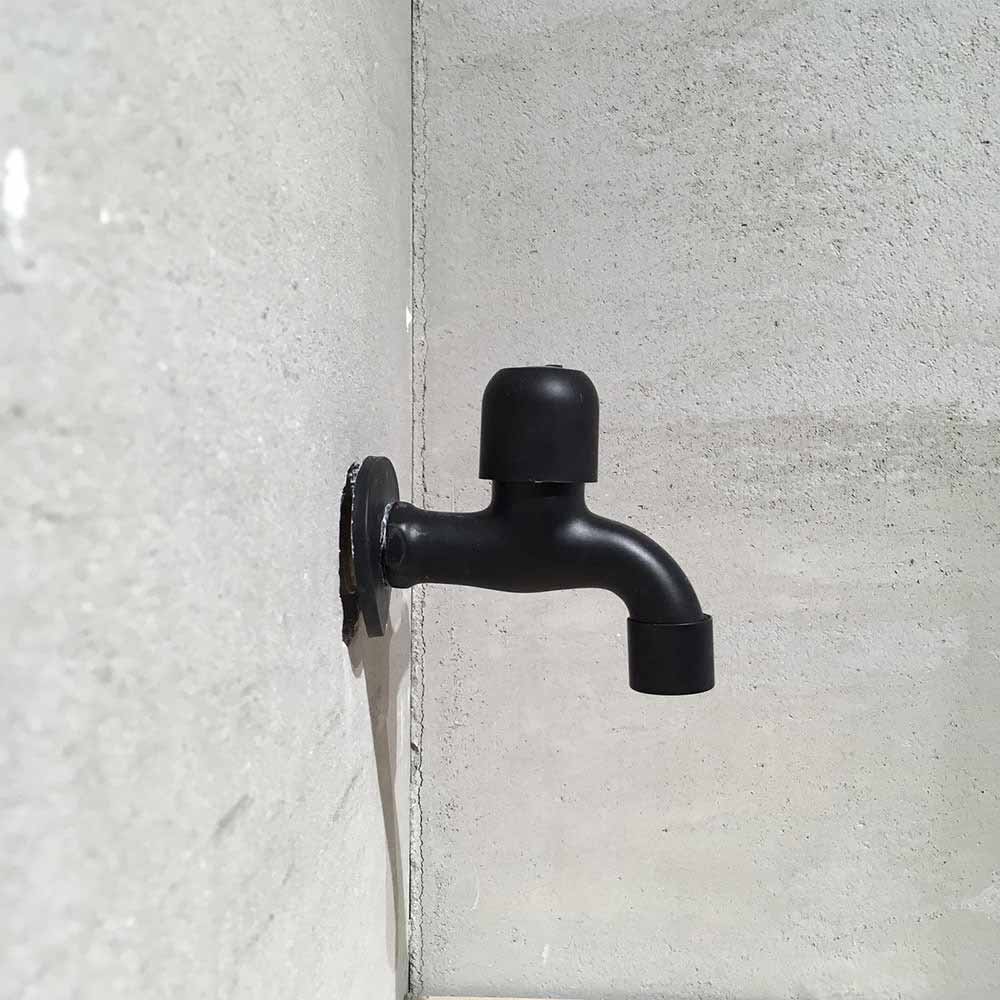
Since you have opened five other coffee shops in the past years, we want to know: What does your daily routine look like today, and how is it different from your daily work when you only had one coffee shop?
When I started out with one shop, the original BARN, I was mainly a one-man show: I was the barista, I was baking, serving, roasting, training, starting the wholesale and the web shop. So, I think, once you decide to have a second shop, your life changes. You are no longer the person behind the bar, serving your customers and community. Your role keeps changing and it’s really interesting that way. So, my main role now is sourcing and traveling to all the farms, visit them, and work with them. I am strongly involved in roasting and quality control there. I work with the head barista and lead baristas to improve the drink quality in my bars and I am doing the wholesale, the web shop, marketing, finances, and managing the company. So, it’s a lot, but it’s also really interesting to now have a vertically integrated company that also offers my stuff, to have a lot of opportunities to develop and devolve within the company, and maybe take different jobs over time. We have many examples from people that started as a server and are now roasters or they are in operations or in marketing. So, it’s a really exciting thing to do. We now have more than 80 people working for us, they are from more than 22 nationalities, so it’s a super interesting mix of people.
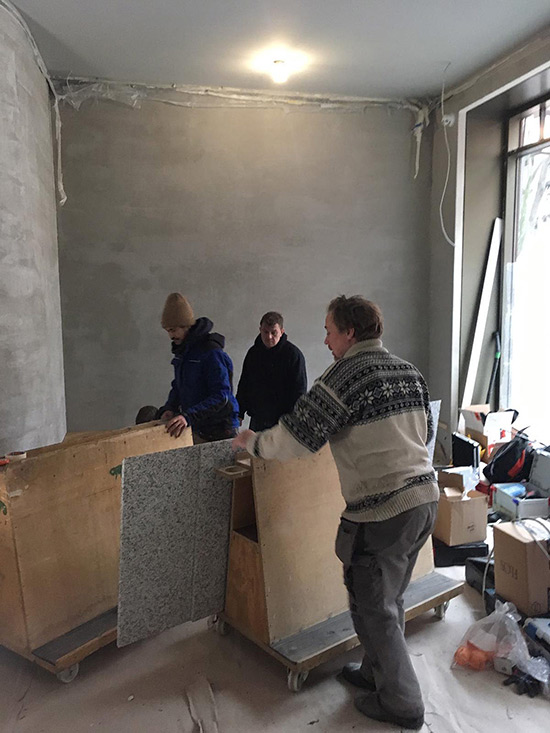
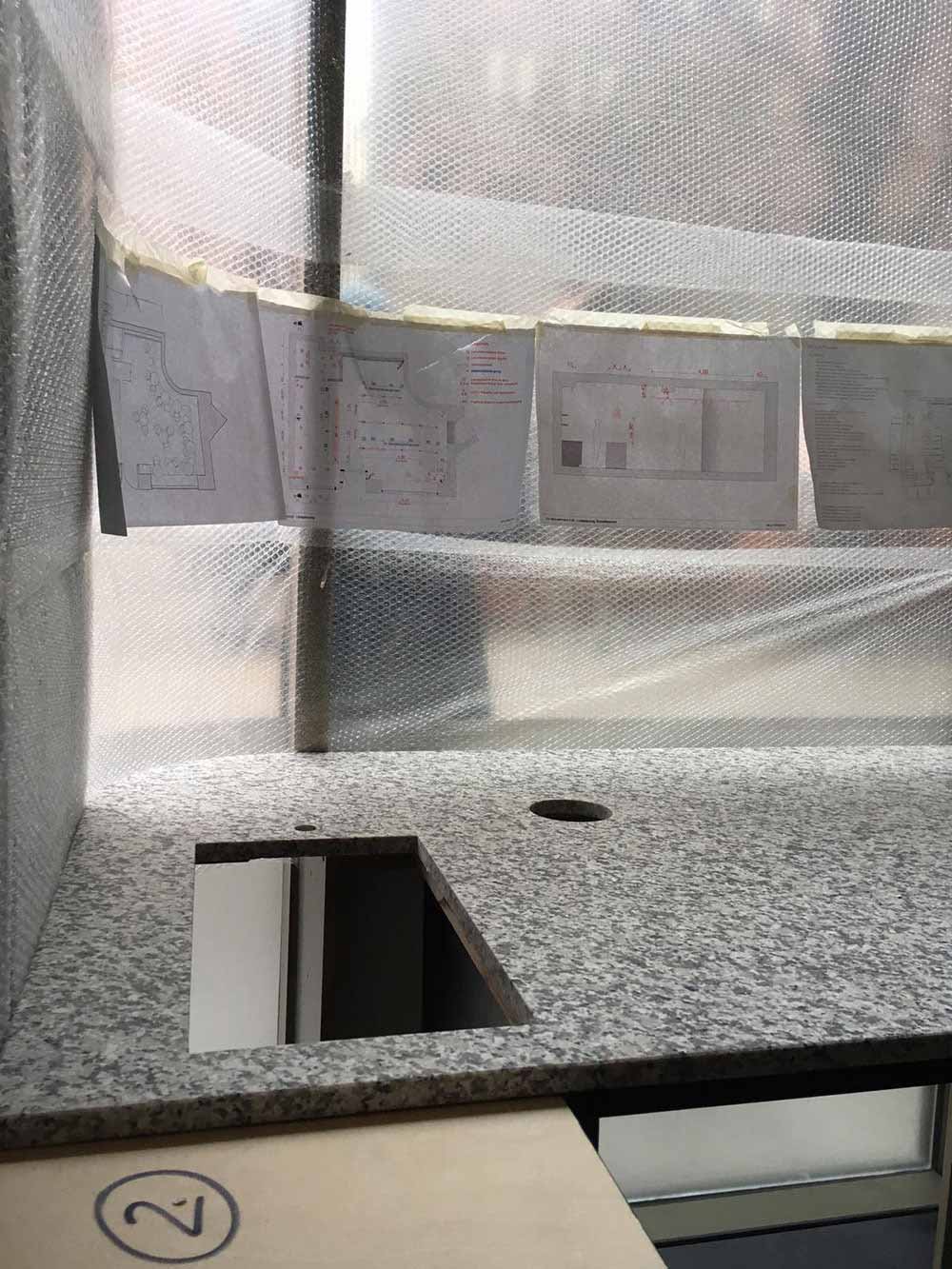
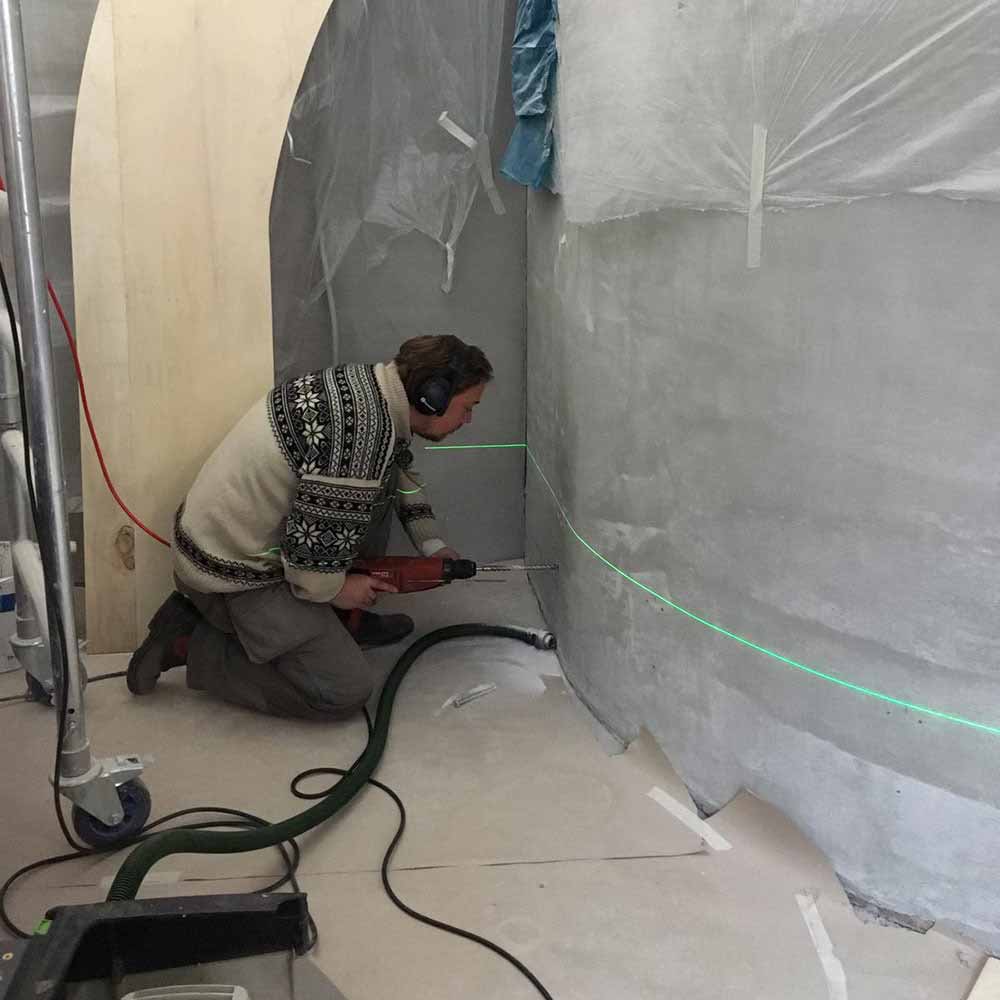
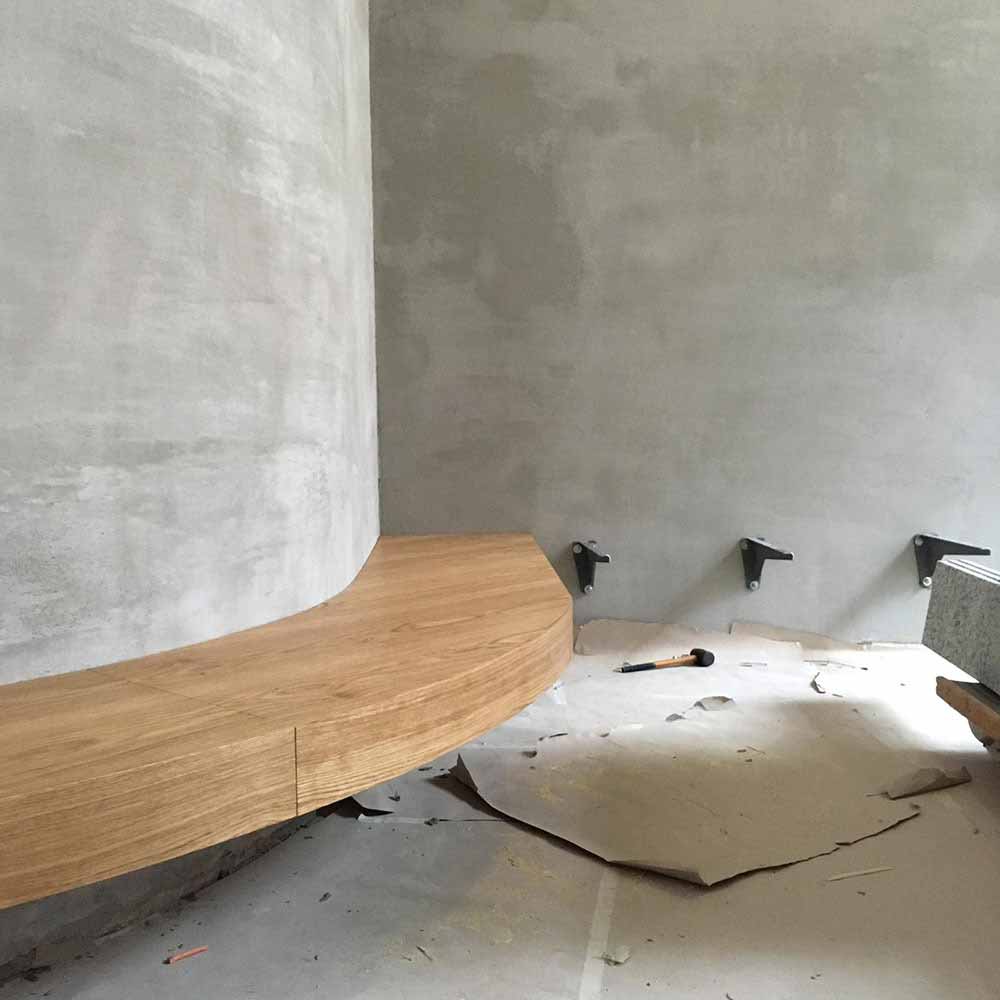
Let’s talk about business planning: Which are the most important things you should research before renting out a space for your own coffee shop?
Most importantly, you should know your motivation and ambition. Why do you want to open up a coffee shop in the first place? Is it passion or just a way to make money, considering that coffee shops are very popular. The answers to this will lead to the next considerations, such as planning ahead (mid-term and long-term goals). Would you prefer to remain an independent one-man show or rather delegate, and, hence, hire baristas, waiters, and other staff? Find a way in which your coffee shop will be unique – maybe include a coffee themed cocktail bar or a restaurant, snacks, and such. This might, however mean, you’d need further staff. Once you got all that figured out for yourself, decide whether or not you can see yourself managing more than one branch in the long-run. If you cannot answer that just yet, start out with a single shop, and pick the idea of expansion up later.
Next, location is key. You should consider movement and livelihood, accessibility and immediate competition around the spots you look to rent a shop. Does the area, the residents, the footfall correspond to the target audience you wish to attract? After finding one or more potentially interesting districts, evaluate affordable and available shops to rent. Take size into consideration, whether or not the location has a terrace for outside seating, if there is a window facade, and what direction the sun is coming from. Eventually, check the facilities – will you have to restructure and to what extend? The most important thing, before renting out a potential shop, is: do your math. How many expenses (including rent, deposit, utilities, purchase of goods, asf.) are you facing, and how high will revenues be in the beginning? Only, if you’re sure, you can afford the place you want to set up your coffee shop in, sign the paper work.
We want to introduce…
Coffee tells stories. No matter what your story is about – if it’s about coffee, or something connected to it – we’d like to share it with our readers. Because every single CafCaf STORY is different and this reflects how diverse we coffee lovers are. All around the world.
What is your story?
Looking back to your first coffee shop opening: If you had to do it again, what would you do differently? Or in other words: what are the most common mistakes you made in the beginning?
I would not change anything (laugh). It’s a weird answer, but I think all the little mistakes I made were necessary. But if I had to give one advice to people, it would be for them to have a very clear concept and philosophy they should not change. A lot of people are giving you recommendations when they hear you are planning a shop, all your friends and whatever. And it’s really important not to listen. But to only listen to your own gut and your own instinct.
You know, if you are vegan, and you want to have a vegan shop, then be vegan. But since I am not, there is no reason for me not to serve meat, because I love it and I love eggs as well. Just be really clear how you are different from your competition and unique in your neighbourhood, so people can really reach you and understand your concept. I think, the worst is, if you want to have levelling (Gleichmacherei), if you want to please everyone. You will be never able to do that and it strongly dilutes your concept.
»A lot of people are giving you recommendations when they hear you are planning a shop, all your friends and whatever. And it’s really important not to listen. But to only listen to your own gut and your own instinct.«
–Ralf Rueller, THE BARN
I think, if we had more specialists in the world, it would be more interesting, high streets and shopping areas wouldn’t look so boringly alike thanks to global changes. I really believe that specialists can be very successful, also in a commercial sense, which is also the reason why THE BARN took to high street or more expensive locations. Weinhaus Huth is not cheap, also Neue Schönhauser Straße is a very expensive location for us, so is Café Kranzler. You can make it work, but you really need to understand finance, and the cash that you have in your cash register is not your profit. You also need to be looking into your numbers.
Weinhaus Huth
Opening a new branch inside the famous »Weinhaus Huth« building at Potsdamer Platz, The Barn follows long-standing footsteps. Unlike any other building in Berlin, Haus Huth symbolizes the German capital’s former division and its subsequent reunification alike. Established in 1912, not only does Weinhaus Huth have a long history and tradition, but has lived through Berlin’s development as an architectural eye witness. It has seen the Roaring 20ies, has witnessed the Nazi era, the city’s liberation by the allies, the construction of the Berlin Wall in its immediate proximity, and eventually the fall of that very Wall. The backside facade of Weinhaus Huth, facing Fontaneplatz, has gained landmark status. This obviously contributes to its iconic reputation, and renders it a very coveted and prestigious spot.
Once, Weinhaus Huth, which literally translates to »wine shop Huth«, housed the eponymous wine shop with an integrated wine restaurant. After several years of restoration during the Nineties, renowned restaurants superseded one another. Later, Weinhaus Huth was home to the coffeeshop Café Möhring, and today it houses yet another The Barn branch. This somewhat supports their plan to conquering – in a literal and a figurative sense – all of Berlin. What’s more: It consequently follows their concept of expansion and establishment across the city.
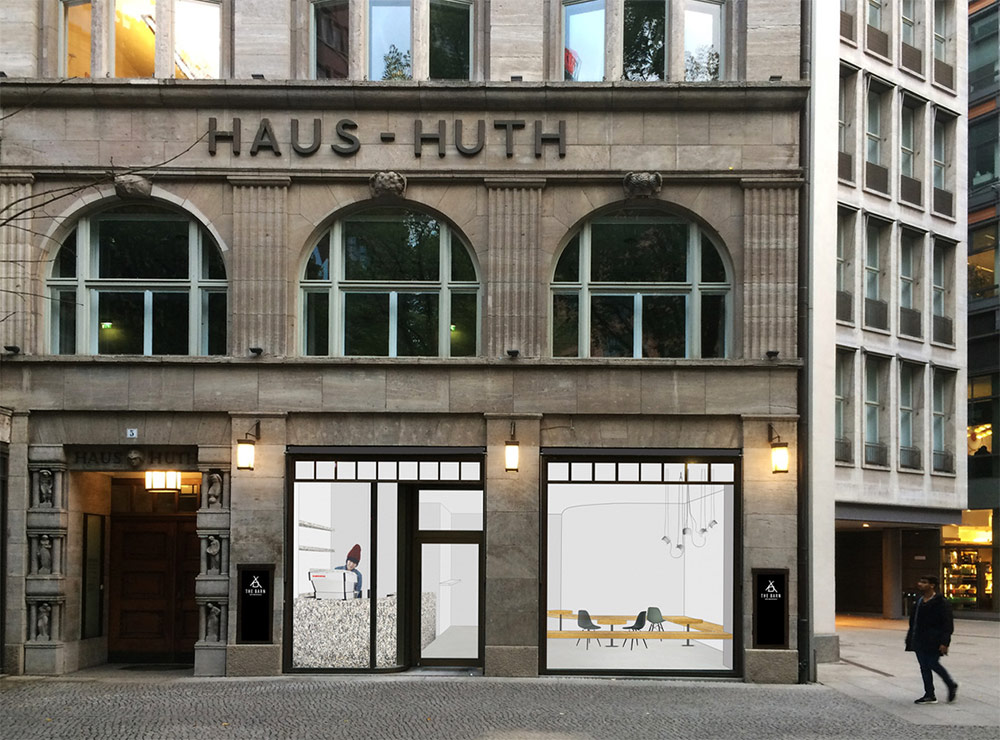
Architectural illustration of THE BARN café at Weinhaus Huth.
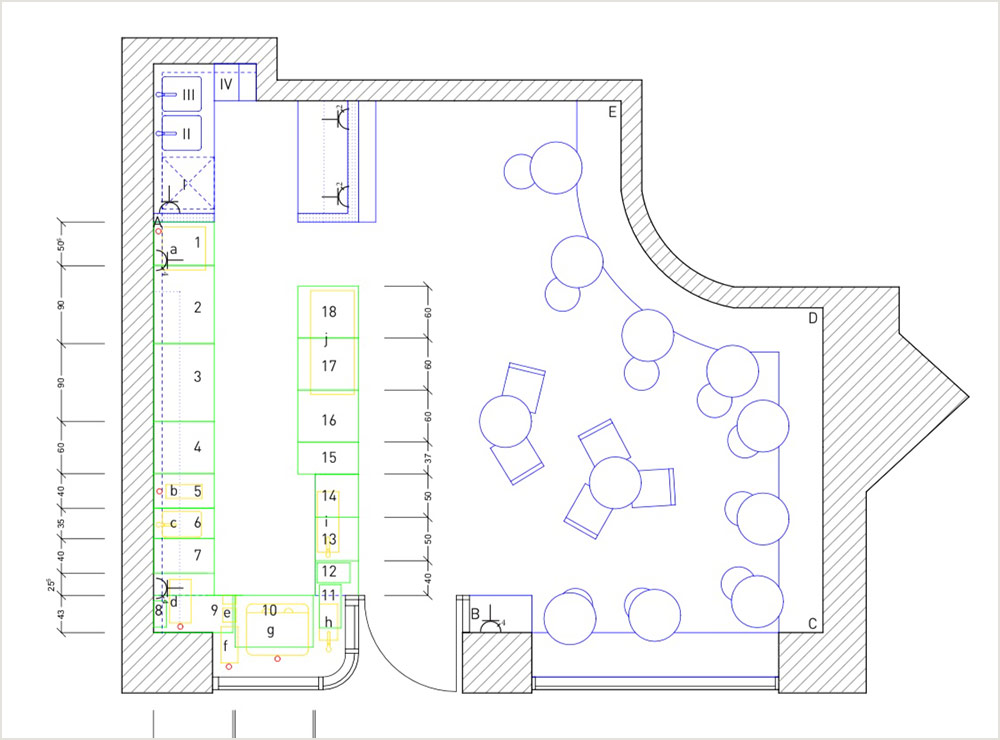
Architectural drawing of THE BARN café at Weinhaus Huth.
Weinhaus Huth
Opening a new branch inside the famous »Weinhaus Huth« building at Potsdamer Platz, The Barn follows long-standing footsteps. Unlike any other building in Berlin, Haus Huth symbolizes the German capital’s former division and its subsequent reunification alike. Established in 1912, not only does Weinhaus Huth have a long history and tradition, but has lived through Berlin’s development as an architectural eye witness. It has seen the Roaring 20ies, has witnessed the Nazi era, the city’s liberation by the allies, the construction of the Berlin Wall in its immediate proximity, and eventually the fall of that very Wall. The backside facade of Weinhaus Huth, facing Fontaneplatz, has gained landmark status. This obviously contributes to its iconic reputation, and renders it a very coveted and prestigious spot.
Once, Weinhaus Huth, which literally translates to »wine shop Huth«, housed the eponymous wine shop with an integrated wine restaurant. After several years of restoration during the Nineties, renowned restaurants superseded one another. Later, Weinhaus Huth was home to the coffeeshop Café Möhring, and today it houses yet another The Barn branch. This somewhat supports their plan to conquering – in a literal and a figurative sense – all of Berlin. What’s more: It consequently follows their concept of expansion and establishment across the city.
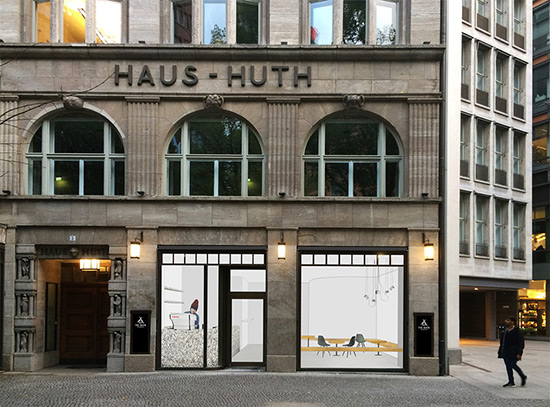
Architectural illustration of THE BARN café at Weinhaus Huth.
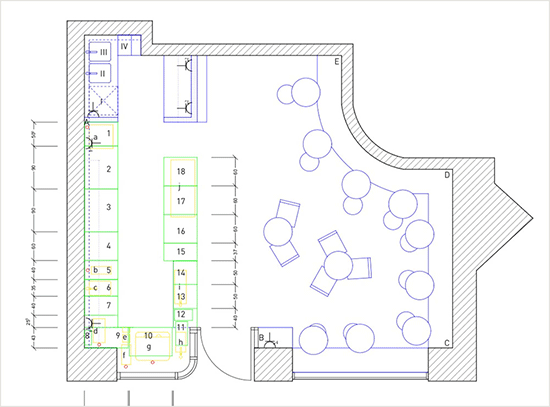
Architectural drawing of THE BARN café at Weinhaus Huth.
Just recently you have opened a new coffee shop in the Weinhaus Huth in Berlin. Why did you choose this historical building?
That wasn’t really planned. We said, we are not looking at opening shops, but if people are offering us interesting spaces and we really relate to them and connect, then we would take them. So, they have to be interesting either from an architectural standpoint or a historic one. Or just beautiful spaces with good vibes that we feel good about – just like Weinhaus Huth. After opening Café Kranzler, a lot of people asked us to come into their buildings and their neighborhoods, because they really love THE BARN and they understand the quality and the street credibility we have. So, we were offered Weinhaus Huth and took that opportunity. It’s really a historic, a unique opportunity to accept something like that. We are really, really happy there.
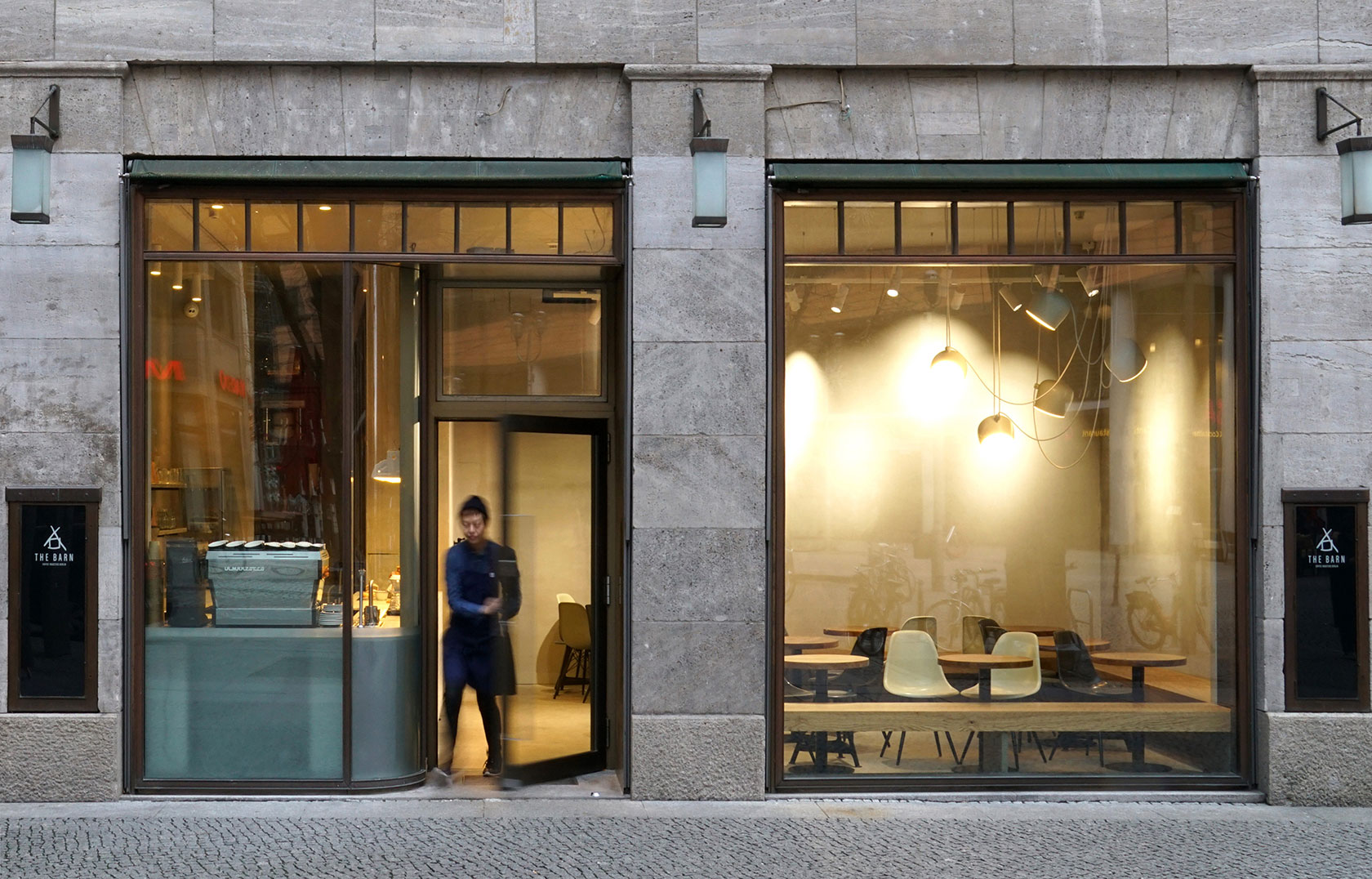
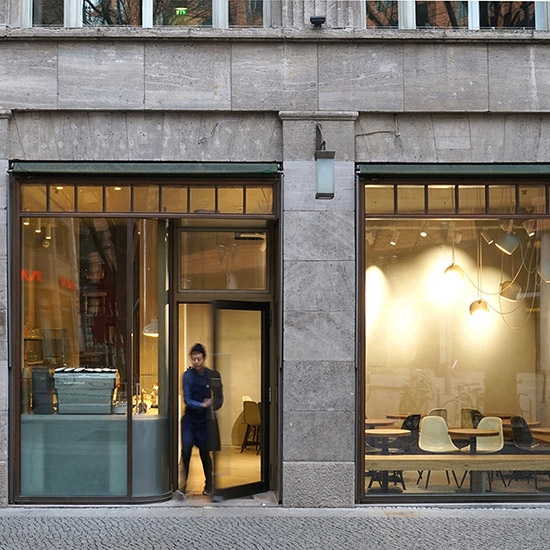
All your coffee shops are located in one city: Berlin. Is it part of your concept to stay only in the capital?
I am a control freak, so I really need to control the quality not only of my product but also the baristas and the people that are working with me. That’s why we keep everything in Berlin. At least for now, that is our strategy. I could not imagine having a franchise or spreading out into other cities. I really need to train my people, meet them once a month, do coachings and teachings. I really want them to be close to the roastery. I think that’s also part of the reason we are so successful.
At the end of our articles, we usually say goodbye to superficial knowledge (in other words: fake news) about coffee. Is there anything you would like to get off your chest here?
Adieu, Halbwissen
As I said, speciality coffee for us is a unique opportunity to change the value chain. Coffee at the moment is at a very very low price level globally, lower than in 1967. So my message would be to everybody: Please, push up coffee quality. Don’t buy cheap. Don’t cut corners. And really share your knowledge so people understand that that beautiful perfume box they consider a hipster roastery doesn’t mean that there’s great coffee served inside.
Really look for single origin coffees. Ask people how much they pay the farmers, the farm gate price is really important. And I also really encourage everybody to serve products of high quality and to talk about it, because at the end of the day, if you buy cheap, the farmers will never receive a good enough price to survive or to build a sustainable business.The only way for sustainability is to pay up for high quality, and that’s not Fair Trade or anything like that. We need to pay a lot more, and we have to pay for the quality in order to work on one high level with the farmers so they really feel like partners. So don’t just look for the new guys with the pretty boxes, really check out the qualities they are serving and make sure they are paying the farmers well.
Adieu, Halbwissen
As I said, speciality coffee for us is a unique opportunity to change the value chain. Coffee at the moment is at a very very low price level globally, lower than in 1967. So my message would be to everybody: Please, push up coffee quality. Don’t buy cheap. Don’t cut corners. And really share your knowledge so people understand that that beautiful perfume box they consider a hipster roastery doesn’t mean that there’s great coffee served inside.
Really look for single origin coffees. Ask people how much they pay the farmers, the farm gate price is really important. And I also really encourage everybody to serve products of high quality and to talk about it, because at the end of the day, if you buy cheap, the farmers will never receive a good enough price to survive or to build a sustainable business.The only way for sustainability is to pay up for high quality, and that’s not Fair Trade or anything like that. We need to pay a lot more, and we have to pay for the quality in order to work on one high level with the farmers so they really feel like partners. So don’t just look for the new guys with the pretty boxes, really check out the qualities they are serving and make sure they are paying the farmers well.
Weitere CafCaf Stories:
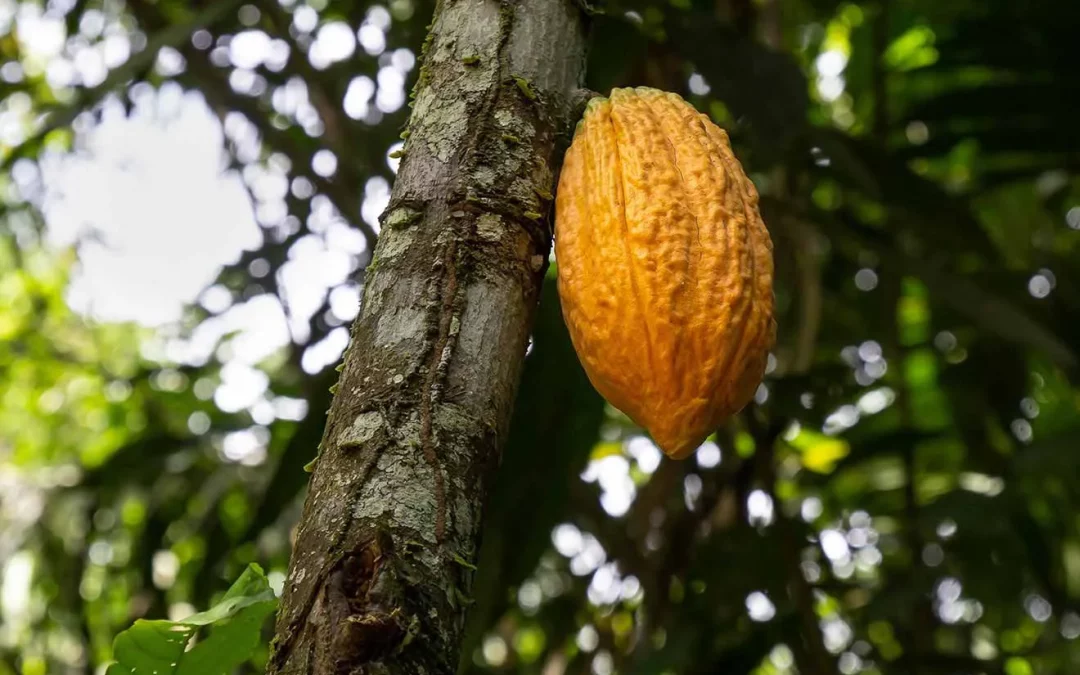
Cacao talks (EN)
Read the interview!
